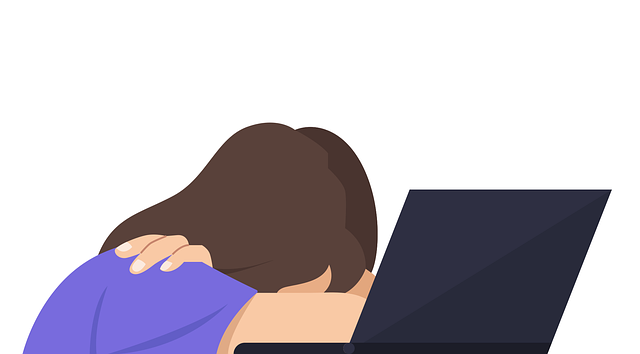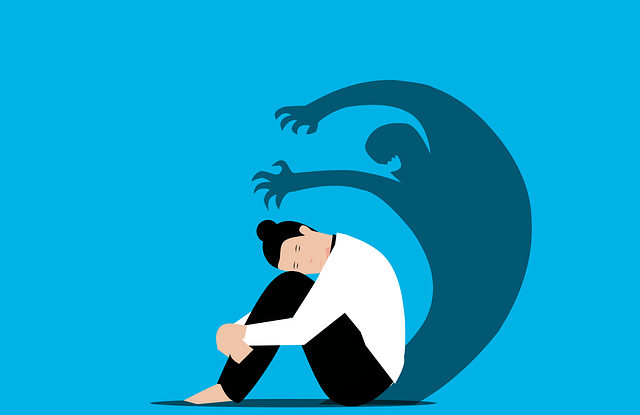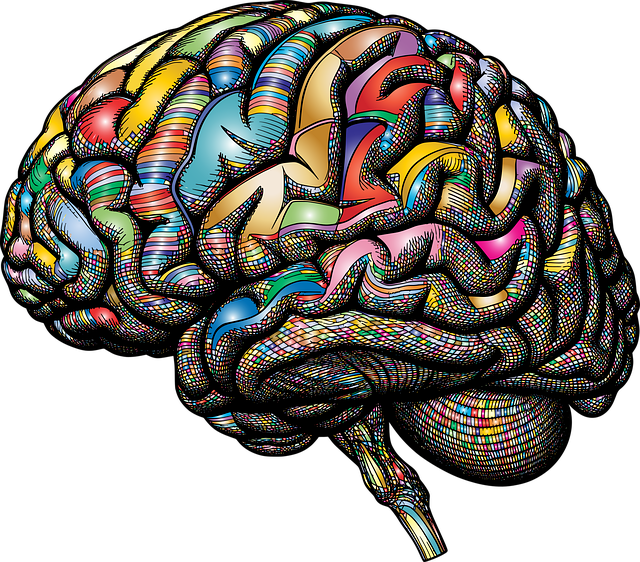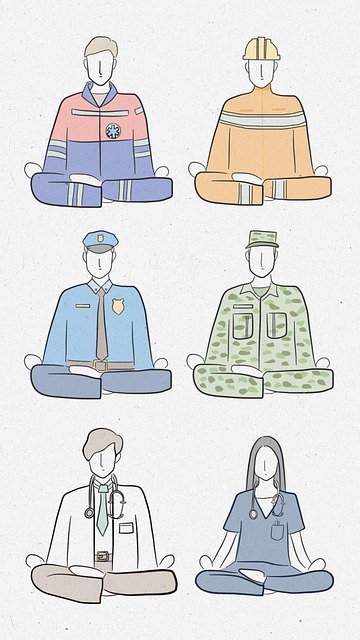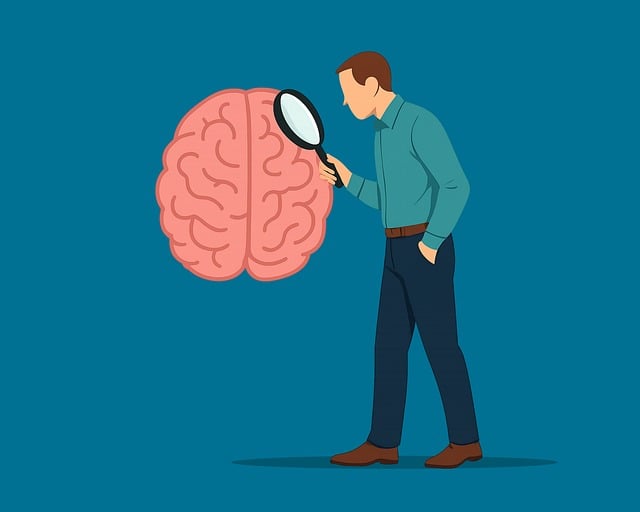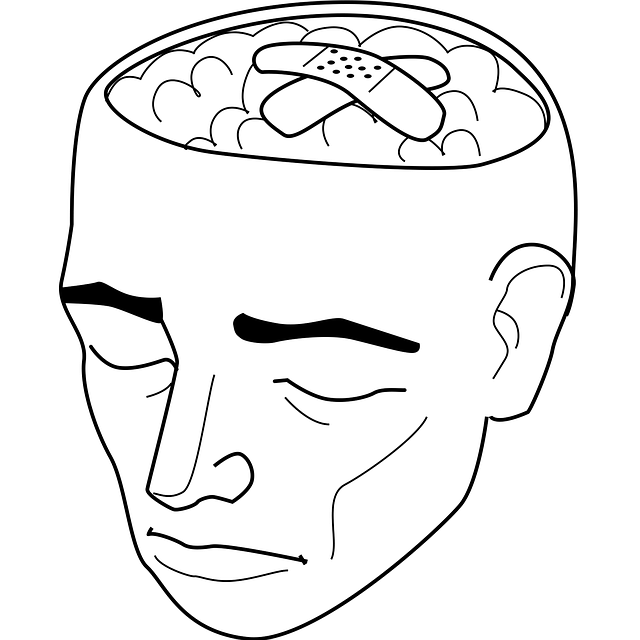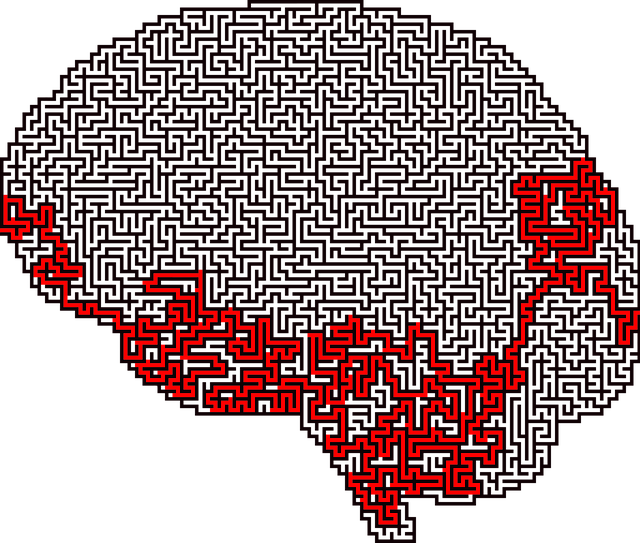Innovative mental wellness apps cater to the unique needs of first responders in Westminster and beyond, offering accessible tools for stress management, trauma processing, and self-care. These apps integrate evidence-based practices like Social Skills Training, Depression Prevention, and mindfulness exercises, along with peer support networks. To create a dedicated app for Westminster First Responders Therapy, development involves understanding their specific challenges, designing personalized features, ensuring data security, and implementing effective marketing strategies that leverage partnerships and engaging content to promote mental wellness and prevent burnout among first responders.
In today’s fast-paced world, mental wellness apps are becoming essential tools for promoting psychological well-being. Given the unique challenges faced by first responders, developing tailored solutions like Westminster First Responders Therapy is crucial. This article explores key aspects of creating effective mental health apps, from understanding the need and designing targeted applications to technical considerations, marketing strategies, and user engagement tactics. By delving into these areas, we aim to highlight how innovative tech can support the critical work of first responders.
- Understanding the Need for Mental Wellness Apps
- Designing an Effective App for First Responders
- Key Features to Include in Westminster First Responders Therapy
- Development Process and Technical Considerations
- Marketing and User Engagement Strategies
Understanding the Need for Mental Wellness Apps

In today’s fast-paced world, mental wellness has become a paramount concern for individuals across various demographics, including first responders in Westminster and beyond. The unique nature of their work often exposes them to high-stress situations, trauma, and isolation, making it crucial to prioritize their psychological well-being. Traditional therapy methods might not always be accessible or practical for these professionals due to strict schedules and confidentiality requirements. This gap in support has spurred the development of mental wellness apps designed specifically to cater to first responders’ unique needs.
These innovative digital solutions offer a range of features such as guided mindfulness exercises, virtual reality stress simulations, and peer-to-peer support networks, all accessible on-the-go. By integrating evidence-based practices like Social Skills Training and Depression Prevention strategies into their daily routines, first responders can enhance their resilience and coping mechanisms. Moreover, apps that promote Self-Care Practices can encourage much-needed self-reflection and personal growth in a discrete and convenient manner, ensuring professionals have the tools to maintain mental wellness even during demanding shifts.
Designing an Effective App for First Responders

Designing an app tailored for Westminster First Responders’ Therapy requires a deep understanding of their unique challenges and needs. First responders, including police officers, firefighters, and paramedics, often face traumatic situations on a regular basis, which can significantly impact their emotional well-being. Therefore, the app should focus on providing effective self-care practices and emotional well-being promotion techniques accessible on-the-go.
Incorporating features such as mindfulness exercises, stress management workshops, and immediate access to therapy services would be invaluable. These tools can help first responders develop healthy coping mechanisms and maintain resilience in their high-pressure professions. By offering discreet and convenient resources, the app ensures that these heroes have the support they need, fostering a sense of balance amidst the hustle and bustle of their daily duties.
Key Features to Include in Westminster First Responders Therapy

When developing an app tailored to Westminster First Responders Therapy, it’s crucial to incorporate features that address the unique needs and challenges faced by this community. These professionals often deal with high-stress situations, making self-care practices integral to their wellness. The app should offer personalized tools for managing stress and anxiety, including mindfulness exercises and meditation techniques specifically designed to help first responders process trauma and prevent burnout.
Additionally, focusing on self-esteem improvement is essential. Features like interactive journal prompts, positive affirmation challenges, and peer support communities can foster a sense of resilience and self-worth among users. By integrating these elements, the app becomes more than just a therapy tool—it transforms into a comprehensive platform for burnout prevention and overall mental wellness tailored to the specific needs of Westminster First Responders.
Development Process and Technical Considerations

The development process of a mental wellness app, such as those catering to Westminster First Responders Therapy, involves several crucial steps. It begins with thorough research and understanding of the target audience’s needs, in this case, first responders facing unique mental health challenges. This phase is pivotal for designing features that offer effective support, including tools tailored for stress reduction methods and social skills training, as these are critical components of risk management planning for mental health professionals.
Technical considerations play a significant role in ensuring the app’s reliability, security, and user-friendliness. Developers must choose suitable platforms (iOS, Android) and programming languages. Integrating secure data storage solutions is essential to protect sensitive user information. Moreover, real-time communication features, like chat or video therapy sessions, require robust back-end infrastructure to facilitate seamless interactions while maintaining privacy.
Marketing and User Engagement Strategies

Marketing and user engagement are pivotal aspects of mental wellness app development, especially when targeting specific communities like Westminster First Responders Therapy. To attract and retain users, apps should leverage tailored marketing strategies that resonate with first responders’ unique challenges and needs. For instance, leveraging social media platforms to share success stories and testimonials from peers can foster a sense of community and encourage adoption. Additionally, partnerships with relevant organizations, such as mental health advocacy groups or healthcare provider networks, can expand reach and lend credibility.
Effective engagement strategies go beyond mere promotions. Apps should offer interactive features like gamification elements, progress tracking, and personalized content to keep users motivated. For example, incorporating Burnout Prevention Strategies for Healthcare Providers into the app’s curriculum can attract first responders seeking tools to manage stress. By integrating Mental Health Policy Analysis and Advocacy resources, the app can position itself as a comprehensive hub for both support and awareness, contributing to Depression Prevention initiatives within the community.
The development of mental wellness apps, particularly tailored for first responders like those involved in Westminster First Responders Therapy, is a significant step towards improving access to care. By incorporating key features such as crisis support, mindfulness exercises, and peer-to-peer connections, these apps offer a discrete and convenient way for first responders to manage stress and process trauma. The development process requires careful consideration of user needs, privacy, and security, while marketing strategies should focus on building trust within the community. With the right approach, mental wellness apps can become valuable tools in fostering resilience and overall well-being among first responders.
